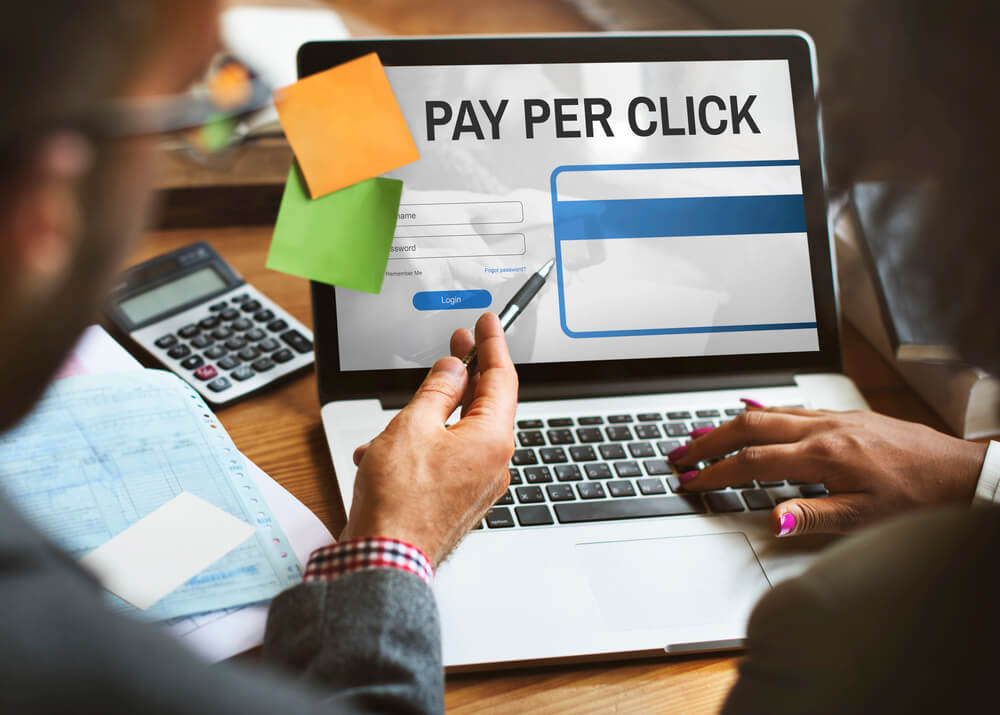This article was originally published on Multi-Channel Merchant.
One aspect of search marketing that doesn’t get enough attention — and indeed is misunderstood by the search engine optimization practitioner — is the interaction between organic search and paid search.
When teaching SEO workshops, I for years touted the synergistic effect of being at the top of both organic and paid results. I’d encourage attendees to invest in both and pay-per-click on the promise of symbiosis between the two marketing channels.
I would cite research showing that you can increase the clickthrough rate of your #1 (organic) ranking if you also have a sponsored ad above it or in the right column, and that showing up twice on the same page in the results makes your #1 ranking get 20% more clicks. I gave short shrift to the thought that engaging in both sides of search marketing might ever lead to an adverse effect, i.e., negative synergy — whereby your paid search program cannibalizes your organic search-derived visits, or vice versa.
However, the organic and paid results can interact negatively. With flawed attribution modeling, it can misrepresent ROI, associating sales/conversions with the wrong marketing program (i.e., SEO when PPC should have gotten the credit, PPC when SEO should have gotten the credit).
Cannibalization happens
I’ve seen a few situations where PPC has negatively impacted SEO. The cannibalization of organic search by PPC is clearly demonstrated by an inadvertent experiment with a previous client. I say “inadvertent” because the client accidentally shut off its paid search campaigns completely for weeks before noticing this.
As the chart to the left shows, there’s an increase in organic traffic commensurate with the decrease in PPC-derived traffic. (Note that measurement of this effect is confounded by other factors, such as cyclical patterns, other marketing actions taken by both you and your competitors, the economy, the weather, and so on.)
Consider the following instances in which cannibalization (negative synergy) can occur between PPC and SEO:
- The likelihood of cannibalization is greater in situations in which there is only one or maybe no ads in the top premium position. In these cases, the organic listings have more visibility, and the volume from PPC probably wouldn’t have been that high anyway.
- Cannibalization is more prevalent in those lucky companies that seem to rank #1 in organic search for all their main keywords. For the rest of us (i.e., pretty much everyone), this isn’t a concern.
- There’s also a greater degree of cannibalization when there is a combination of the following: a high organic ranking and a strong brand, and also when the paid and organic listings are similar to one another but differentiated from competitors.
That said, cannibalization happens. Get over it. Don’t run off and shut down all your PPC campaigns, hoping to drive all sorts of incremental traffic to your organic listings.

Consider the following implications before pausing your PPC campaigns, even just temporarily as a test:
- Understand it’s about the bottom line, not about the traffic. The bigger picture will take into account total conversions and revenue numbers, not just traffic. It would be premature after pausing one’s campaigns to rejoice: “Hey, organic traffic went up! High five!” without first checking to see if total sales went down. What if the company has high overhead and sunk costs, inventory, debt, or perishable or declining-value goods that must be sold immediately and can’t be sold next month?
- How much of the cannibalization is triggered by a few terms, such as brand terms, for which it would be natural for the searcher to seek out the organic listing if the paid listing weren’t there?
- How many companies are in a good enough position organically that they’ll continue to see strong traffic when they cut back on PPC? What about competitors?
In many industries, you need to be in premium PPC position to get clicks. If you drop out of that space, another competitor simply gets those clicks. - PPC can be superior to SEO for various strategic reasons, such as showing top line growth to stakeholders, or dumping inventory, or some other short-term strategic reason. It can be more difficult to run short-term campaigns with SEO.
- PPC is a long-term play. According to Andrew Goodman, founder/principal of paid-search marketing firm Page Zero Media: “PPC has made many a client into a bigger, better and more ambitious company than before and distanced them from competitors in market share, mindshare and mentality.”
Assign value across all touchpoints
Consider a multitouch situation in which a first-time visitor enters via an organic listing, but leaves without buying anything. The visitor returns days later via a paid listing, this time making a purchase.
If your organization assigns 100% of the value of that transaction to the last click, then the paid listing gets the credit — when in fact the organic listing did most of the heavy lifting. Conversely, if your organization’s policy is to recognize the first click, organic gets too much credit.
Consider also the opposite scenario in which the paid click is the visitor’s first point of entry. Then later an organic click is what leads to the purchase.
“Last click” would overstate the value attributable to SEO, “first click” would overstate the value attributable to PPC. The best option would be to assign a portion of the value across all touchpoints, with greater emphasis on the first click.
The ROI of PPC can be further exaggerated by the fact that URLs in paid ads are invariably tagged with tracking parameters, whereas organic listings are not. This is regardless of where in the buying cycle the user interacts with the paid listings.
That’s because analytics packages tend to favor tracking parameters over the referrer (which is passed in the HTTP header) as an indicator of the lead source. Tracking parameters in organic URLs are, as you may already know, considered bad SEO practice: They lead to duplicate content and PageRank dilution.
Consequently, the SEO must rely on the referrer string to supply the visitor’s point of origin — despite the fact that it is the inferior measure.
It’s inferior for many reasons, not the least of which is the fact that privacy/security tools installed on the user’s PC, such as Norton Internet Security, wipe the referring URL from user’s requests yet, thankfully, leave tracking parameters intact.
These attribution inaccuracies can obscure what’s really going on: what sales are coming from where.
So, with all that said, caveat emptor: Advertiser beware. Be smart when doing PPC — or SEO, for that matter.


 SIGN UP FOR EXCLUSIVE WEEKLY CONTENT
SIGN UP FOR EXCLUSIVE WEEKLY CONTENT 


Leave a Reply